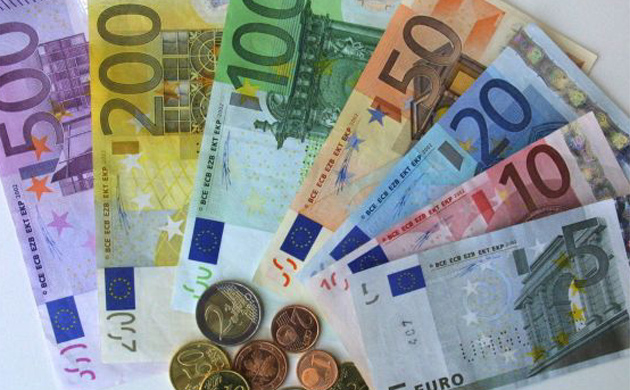21st April 2020
By Thomas Marron
06 14 24 61 29
thomas.marron@blevinsfranks.com
Life may be very different at the moment, but some things do not change and we still need to complete our annual French income tax returns as usual. The government did postpone the declaration timetable due to the coronavirus situation, but only by eleven days, with the online portal opening on 20th April.
As always, take care to include all your worldwide income as required by French tax legislation.

Income tax return deadlines
Everyone should submit their declaration online, on the government portal www.impots.gouv.fr, unless they have a valid reason for needing to file a paper return (eg, no internet connection, disability or advanced old age). The deadline date is based on where you live, as follows:
Departments 01 to 19 and non-residents – Thursday 4th June
Departments 20-54 – Monday 8th June
Departments 55-976 – 11th June
The deadline for non-residents earning French source income is 4th June.
The deadline for paper income tax returns (for residents and non-residents) is 12th June, to allow time for postal delays caused by the lockdown. Allow plenty of time if posting your return.
If you submitted an online return last year, you will no longer receive a paper one in the post.
Automatic Declarations
For the first time, some taxpayers will not need to submit an income tax return this year. In general, this applies to those who last year were only taxed on income pre-filled by the administration (primarily employees who have income tax deducted at source) and provided there has not been any change in their situation.
If you fall in this category you will receive an email advising you to check your details on the online portal. If everything is correct you do not need to do anything. If anything needs changing or updating you will have to complete and submit your tax return as usual.
Most British expatriates are probably not eligible for the automatic declaration, particularly if they are retired and/or have bank accounts and investments outside France.
Income tax is payable on earnings, pensions and rental income, and you are taxed as a household rather than an individual – the parts familiales system.
Income Tax Rates
Income tax is payable on earnings, pensions and rental income, and you are taxed as a household rather than an individual – the parts familiales system.
The rates for 2019 income (which you are declaring now) are:
Income | Tax rate |
Up to €10,064 | Nil |
€10,064 to €27,794 | 14% |
€27,794 to €74,517 | 30% |
€74,517 to €157,806 | 41% |
Over €157,806 | 45% |
There is an additional 3% for a single person where income is between €250,000 and €500,000 per part (nothing is due from a family) and 4% for income exceeding €500,000 per part for an individual, reduced to 3% for a family (up to a limit).
Various deductions are available, so make sure you are using all the ones you are entitled to.
Tax on investment income
Investment income – interest, dividends, capital gains and gains from life insurance policies/non-French assurance-vie – is taxed at a special fixed rate of 30% (including social charges). Lower earners can opt to apply the scale income tax rates, plus social charges.
Income to be declared
Many British expatriates with UK source income get confused over where they should declare and pay tax. Note that you need to report all your UK source income in France, even if you pay tax in the UK.
French tax authorities automatically receive information on their taxpayers’ overseas assets and income through the global Common Reporting Standard. They compare this information with that declared on the annual tax returns, so make sure you understand what income should be declared in France.
UK government service income – This remains taxable in the UK. But although it is not taxed directly in France, you must still include it as part of your taxable income and a credit equal to French income tax and social charges is given.
UK rental income – This is taxed in the UK, not France, but must be included on your French declaration.
Capital gains on UK assets – As a French resident you need to declare and pay tax on gains made on the sale of UK property and moveable assets (shares etc). Real estate gains are liable to tax in both countries, but you receive a credit in France for UK tax paid. Moveable assets, however, are generally taxed in the country where the seller is resident.
UK savings and investments– Interest or dividends from the UK must be declared within 15 days of the month end and 30% tax paid. This is then offset against the tax due on your tax return. ISAs and Premium Bond winnings are fully taxable in France in the hands of French residents.
This article is a brief summary covering the basic elements of income tax in France. It is important to seek personalised, professional advice. For questions about completing your tax return, speak to a tax accountant. For advice on effective tax planning in France, to lower liabilities on savings, investments and pensions, speak to a cross-border tax and wealth management specialist like Blevins Franks. www.blevinsfranks.com


